Anxiety Introduction:
Anxiety is a normal part of life, and it can be helpful in some situations. However, when it becomes excessive or chronic, it can interfere with your daily activities and seriously affect your quality of life. Anxiety disorders are the most common mental health problems in the United States, affecting millions of people of all ages and backgrounds. If you are struggling with anxiety, rest assured that you are not alone, and there are effective coping strategies that can help you manage your symptoms. In this blog post, we will explore some of the best ways to cope with anxiety and improve your overall well-being.
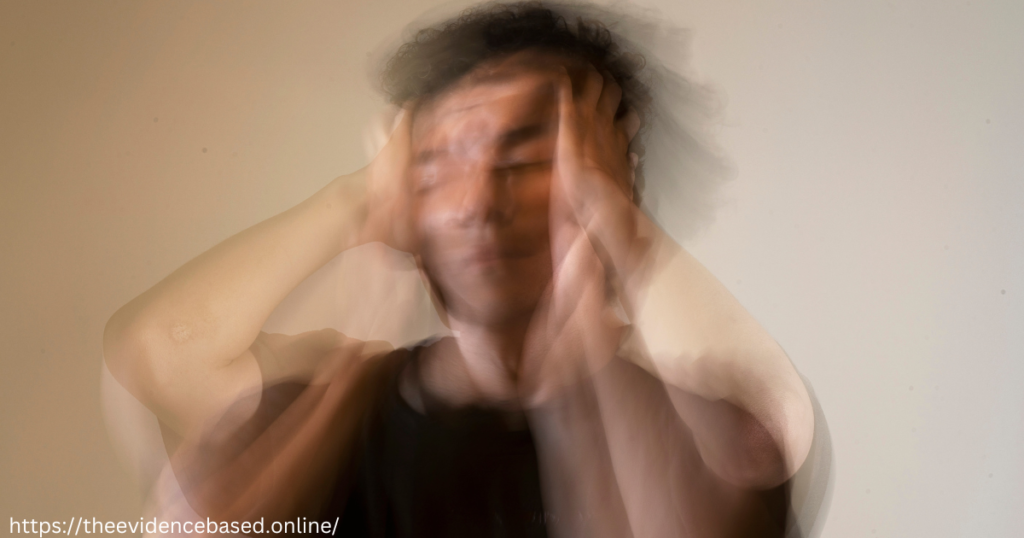
Understand Anxiety your triggers:
The first step in coping with anxiety is to identify what triggers your symptoms. This can be a challenging process, as anxiety can be caused by a wide range of factors, including stress, trauma, genetics, and medical conditions. Some common triggers include social situations, work-related stress, financial problems, health issues, and relationship conflicts. Once you understand your triggers, you can take steps to avoid or minimize them and develop coping strategies that work for you.
Practice relaxation anxiety techniques:
One of the most effective ways to reduce anxiety is to practice relaxation techniques such as deep breathing, meditation, yoga, or progressive muscle relaxation. These techniques can help you calm the mind and body, lower your heart rate and breathing rate, and reduce stress hormones such as cortisol and adrenaline. They can also improve your mood, enhance your immune system, and promote better sleep.
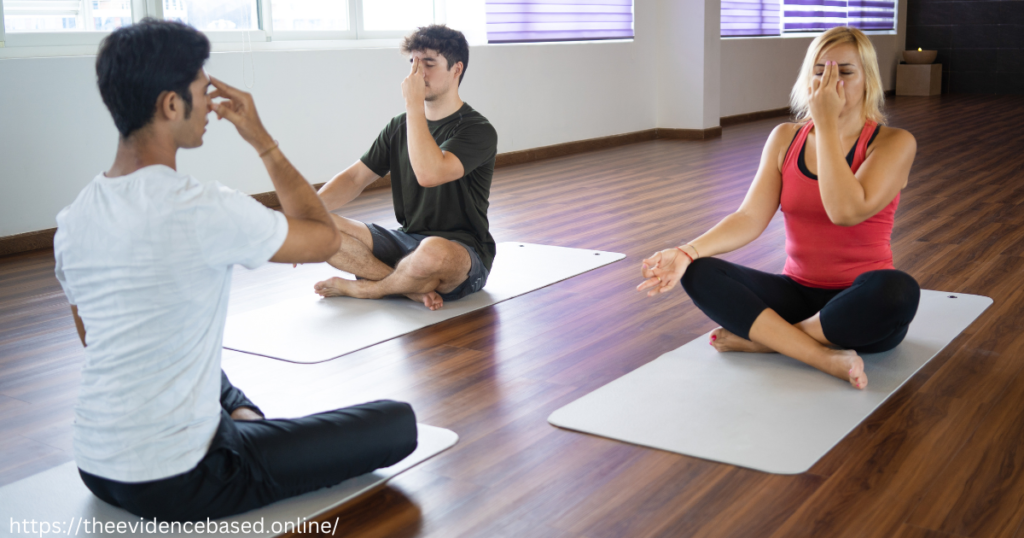
Exercise regularly:
Exercise is a natural mood booster that can help you reduce anxiety and improve your overall health. Physical activity can release endorphins, the feel-good chemicals in the brain, and increase blood flow and oxygen to the brain and body. Aim for at least 30 minutes of moderate-intensity exercise most days of the week, such as brisk walking, jogging, cycling, swimming, or dancing. You can also try more relaxing activities such as gardening, tai chi, or gentle yoga.
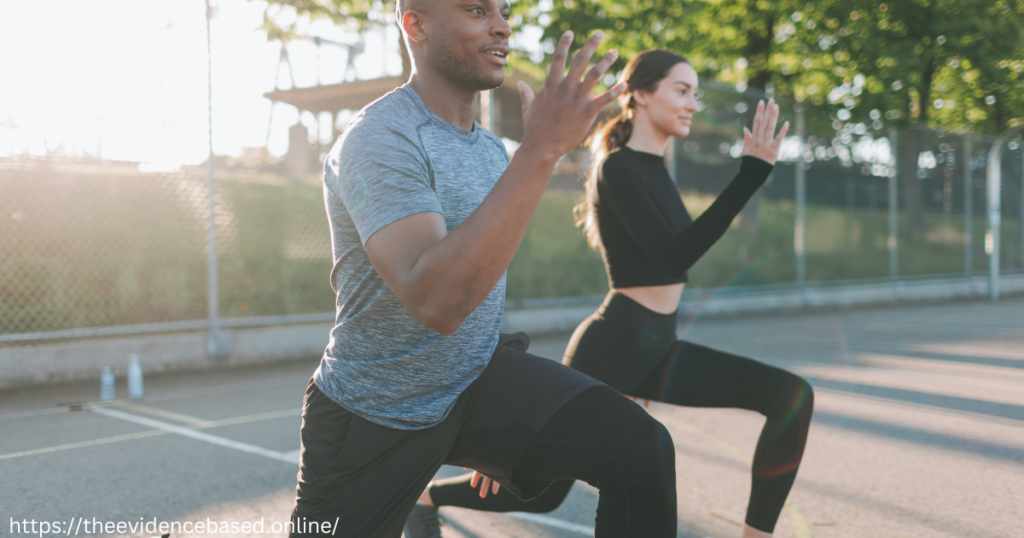
Seek support:
You don’t have to cope with anxiety on your own. It’s important to reach out for help and support from family, friends, or mental health professionals. Talking about your feelings and concerns can reduce stress and help you feel less alone. There are also many online and local support groups where you can connect with others who are going through similar experiences. If your anxiety is severe or interfering with your daily life, consider talking to a therapist or psychiatrist who can help you develop a personalized treatment plan.
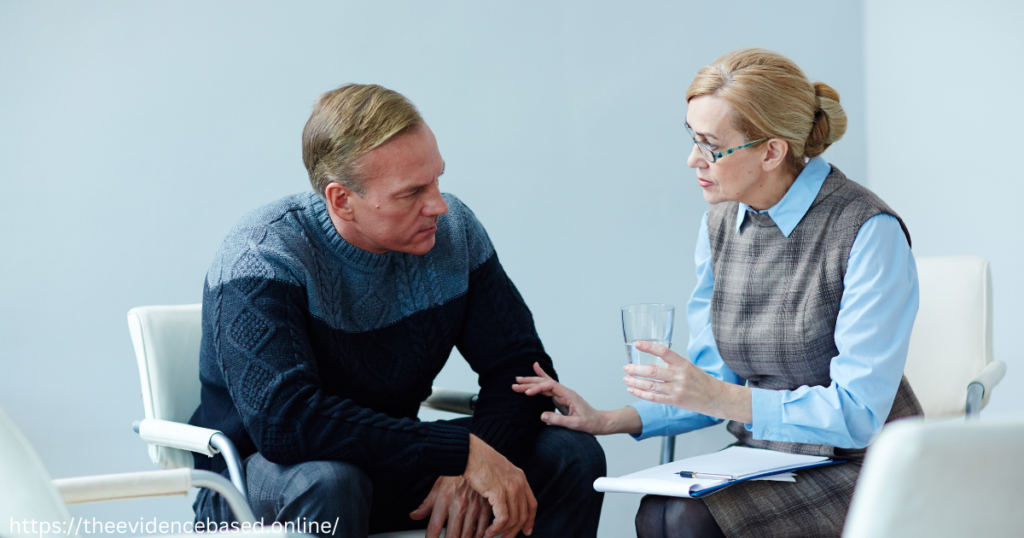
Maintain a healthy lifestyle:
Finally, it’s important to maintain a healthy lifestyle that supports your physical and mental health. This includes eating a balanced and nutritious diet, getting enough sleep, avoiding alcohol and drugs, and practicing good self-care habits such as taking breaks, doing hobbies you enjoy, and mindfulness practices.
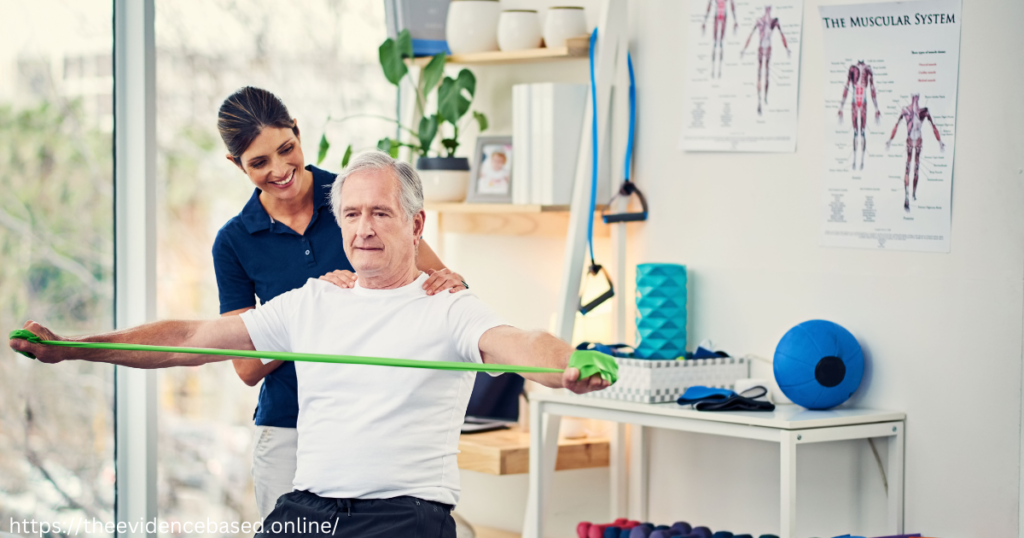
Conclusion:
Coping with anxiety can be challenging, but it’s possible with the right tools and strategies. By understanding your triggers, practicing relaxation techniques, exercising regularly, seeking support, and maintaining a healthy lifestyle, you can reduce your symptoms and improve your overall well-being. Remember, everyone’s journey with anxiety is unique, and there is no one-size-fits-all solution. Don’t be afraid to experiment with different coping strategies and find what works best for you. With patience, persistence, and self-compassion, you can learn to manage your anxiety and lead a fulfilling life.
1 thought on “Coping with Anxiety”